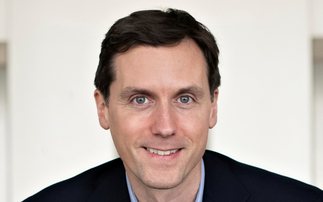The Work and Pensions Committee has called for the government to introduce an auto-drawdown option while allowing NEST to offer decumulation products, James Phillips reports
The government needs to mirror the success of automatic enrolment (AE) by providing a default drawdown pathway for accessing pensions in retirement by April 2019, the Work and Pensions Committee (W...
To continue reading this article...
Join Professional Pensions
Become a Professional Pensions Lite Member today
- Three complimentary articles per month covering the latest real-time news, analysis and opinion from the industry
- Receive important and breaking news stories via our two daily news alerts
- Hear from industry experts and other forward-thinking leaders
Are you a trustee, investment consultant or in-house pension and benefit scheme professional? You can apply for full complimentary access here








